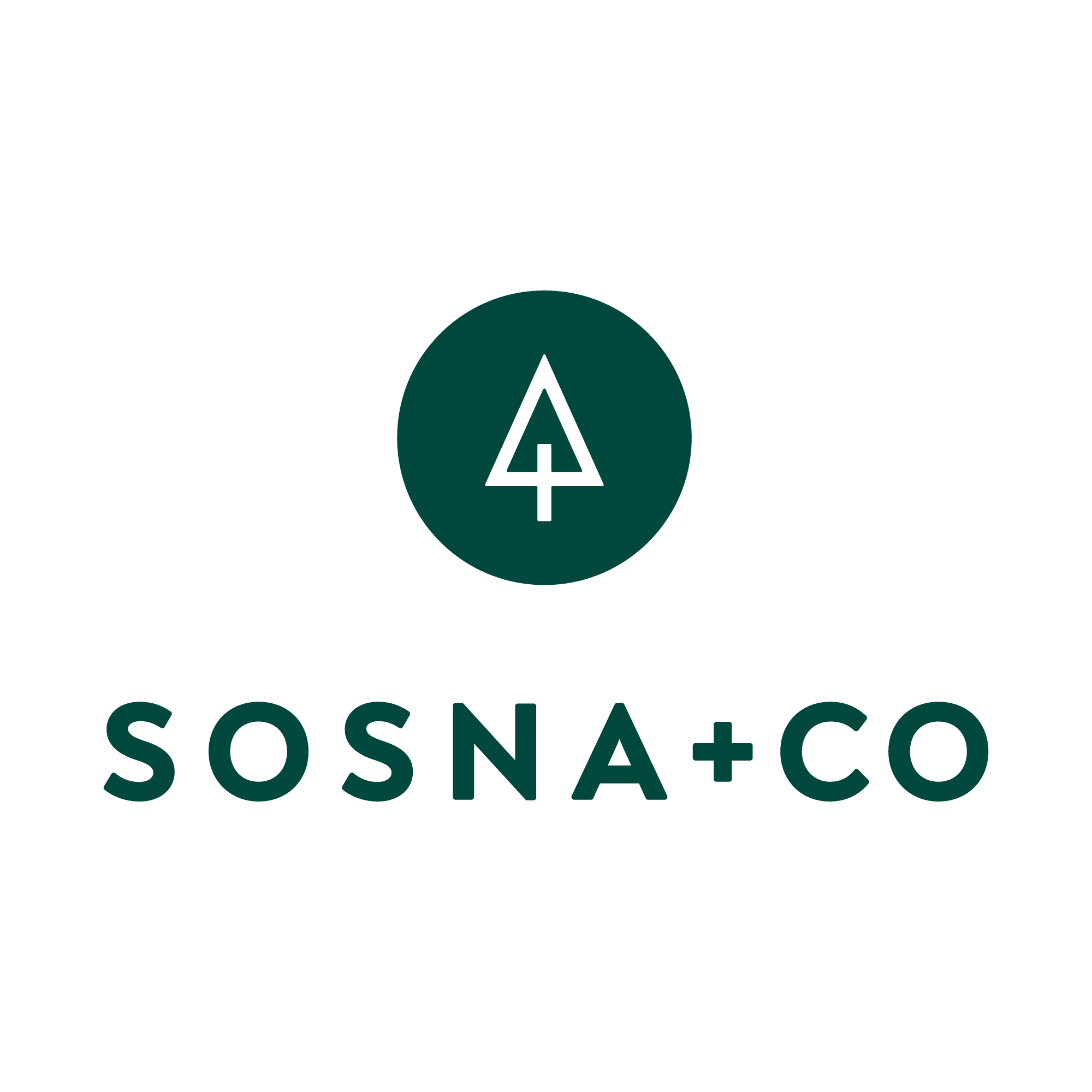Negotiating Deals: Should I Present Desired Terms First, or Wait for Offers?
When doing business, negotiation is a necessity. We aren’t referring to salary negotiations or other internal activities, but business deals between multiple parties seeking to exchange value for money. This is just one way to add value to your organization.
This value can be anything from a piece of intellectual property [IP] to services, information, products, a company, resources, and so forth.
In the life sciences, this typically involves you having a project that is time sensitive with some opportunity to move forward on it. For example, let’s say you have a molecule with promising late-stage clinical results. The commercialization potential is promising, and there are a couple of lead companies that want to put their best foot forward.
Should you make the first move or wait to be approached in order to secure the most lucrative deal possible?
Before jumping headfirst into negotiating a deal with one or multiple companies, know that there are pros and cons of asking upfront for what you want versus letting them give an offer first.
First, know there are costs to initiating negotiations.
While securing the best offer possible is the goal, negotiation comes at a cost. If you decide to kick off negotiations, some parties may accept the target price you present in order to meet your expectations without providing a better deal.
Timing is also crucial. If you are in a rush to make a deal, you might not wish to engage in negotiation because you’re looking for a quick end result.
This can inevitably lead to value left on the table.
Remember that the partner you are negotiating with may have more to offer you than you are aware of. Sometimes you are in a position to negotiate, but other times you could get a better deal by waiting it out.
Knowing the difference is key in getting maximum deal value.
So how do you choose the best strategy for negotiation?
Below are the pros and cons, and what you need to know to get the most value possible for your innovation/IP/offering.
Pros of initiating negotiations (as the seller):
Allows you to set the “anchor,” the reference point from which negotiations are based
Signifies your confidence in your business
You’re able to put forth initial terms and conditions
Lets you specify a structure to ensure partners meet your expectations (e.g., "We expect an upfront plus royalties.")
Cons of initiating negotiations (as the seller):
Limits confidentiality - by approaching multiple parties, your deal terms are now “out there” for all to see and analyze
Narrows the mindset of the buyer by providing a target (the anchor). This can result in a less lucrative deal
Instead of them analyzing the deal based on terms they feel are important, they may simply try and meet your expectations - this can lead to a lower deal value
If your “ideal deal” is overinflated, it could lead to parties walking away before performing a full due diligence
A few other things to consider…
Typically, providing a general deal structure (upfront payment, milestones, and royalty) is a good way to set the tone of the negotiation without narrowing the focus onto a particular value. Also, providing a timeline with clear expectations of when companies need to submit offers, complete due diligence, etc. helps to identify the most interested parties.
Conclusion
Overall, making the right decision will involve weighing these pros and cons and deciding which pathway makes sense based on your current situation. When in doubt, consult with business development advisors to ensure you’re headed in the right direction.
—
Sosna + Co is a boutique, outsourced business development partner for the life sciences. From M&A advisory and licensing deals with Fortune 500 companies to uncovering the potential of savvy, new start-ups, the principle is simple: we work meticulously to uncover new opportunities that grow your business. Contact us today to learn more.

